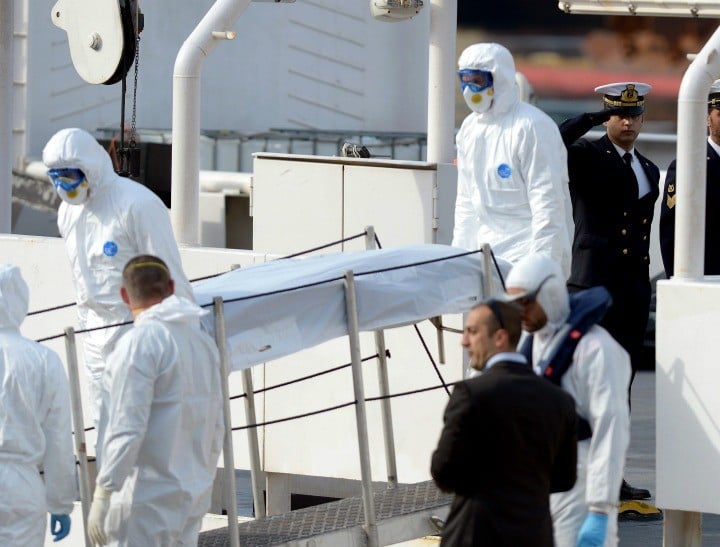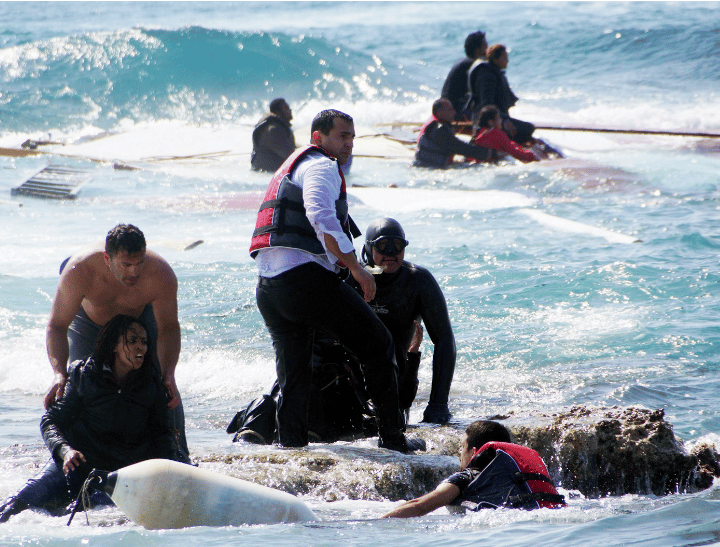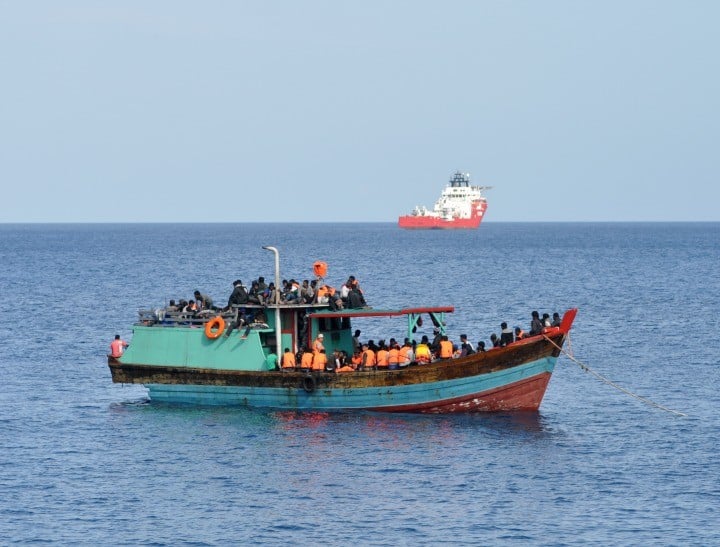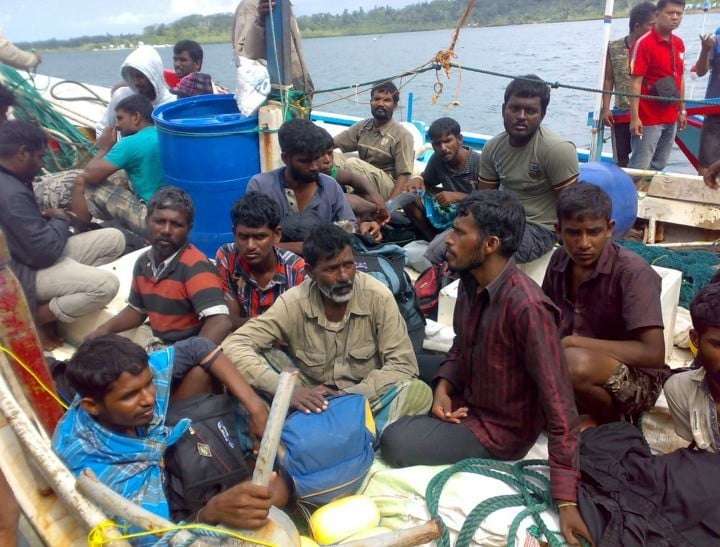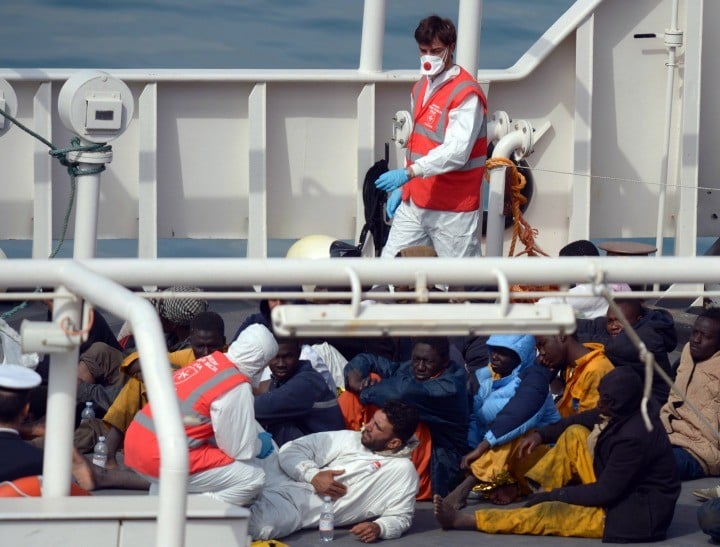
Addressing our global refugee problem is about so much more than preventing persecuted people from departing ports on unauthorised vessels around the world.
The cold black letters on a bright white screen don’t match the Hollywood technicolour that the words evoke. Pictures conjured by your mind’s eye, while terrifying, aren’t remotely accurate. It’s the glossy film-version of tragedy and loss; a hollow Hallmark understanding of grief.
Yesterday, we learned that a Libyan boat had sunk off the coast of Italy.
On board the 20 metre-long vessel, were an estimated 700 migrants, all seeking a better life than the one they left behind. The most likely cause of the capsize was a stampede of desperate passengers to one side of the boat, attempting to escape.



